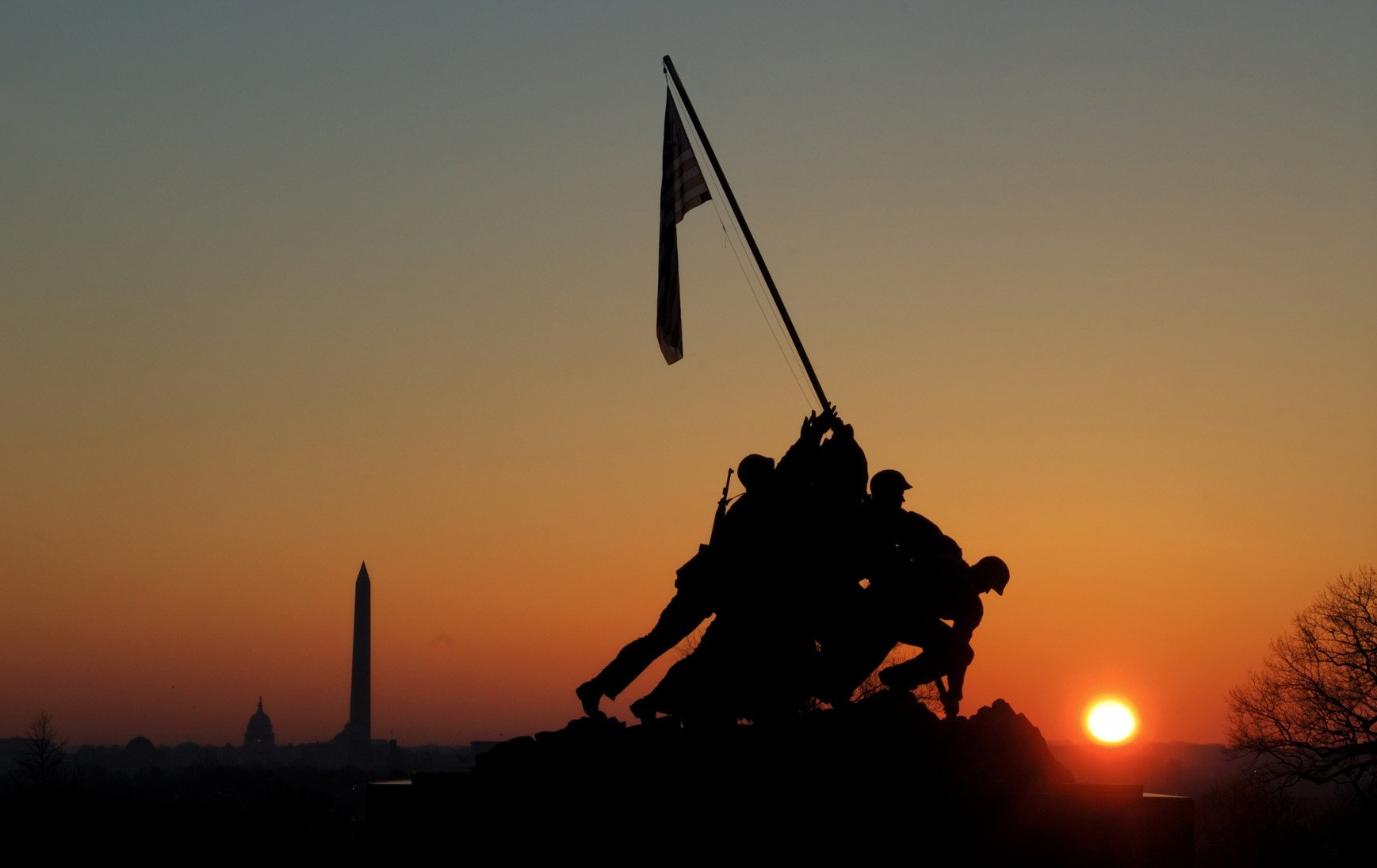
We, the Last Humans
Humanity’s dominance arose not purely from strength, but paradoxically from our fear—fear of what was almost human. Imagine confronting beings so similar to ourselves, yet unsettlingly different: the robust Neanderthal, the enigmatic Denisovan, the resourceful Floresiensis. They embodied our greatest existential threat—reflections that forced us to face our deepest insecurities. Driven by this primal unease, we absorbed their tools, their knowledge, their genes, and eventually, their very essence.

America
A comprehensive narrative that weaves together the dramatic, cinematic storytelling of America’s layered past—from its early roots as a refuge for the oppressed to its rise as a superpower through invention, military triumphs, and cultural revolutions. The story integrates the themes of immigration, slavery, invention, and pride; it traces the timeline from religious escape and native encounters, through brutal conquests and racial constructions, to the monumental accomplishments in wars and global leadership.

The Five Generations
“Hard times create strong men.
Strong men create good times.
Good times create weak men.
Weak men create hard times.”
— G. Michael Hopf

A Company becomes a Walking Corpse, after the Founder Dies
“Here's to the crazy ones. The misfits. The rebels. The troublemakers. The round pegs in the square holes. The ones who see things differently. They're not fond of rules. And they have no respect for the status quo. You can quote them, disagree with them, glorify or vilify them. About the only thing you can't do is ignore them. Because they change things. They push the human race forward. And while some may see them as the crazy ones, we see genius. Because the people who are crazy enough to think they can change the world, are the ones who do.” ― Steve Jobs
Teaching
Teaching is the ultimate stress test for knowledge. It drags understanding out of the shadows, strips away illusions, and forces clarity. The moment you try to explain something, you see its structure—or its cracks. You stumble over details you assumed you knew, struggle to simplify what once felt obvious, and realize that half of what you believed was muscle memory, not mastery.

The War in Your Skull
The war within your mind is a constant struggle between the Thinking Brain and the Feeling Brain—logic versus emotion, strategy versus impulse, long-term vision versus immediate gratification. The Thinking Brain calculates, plans, and ensures stability, while the Feeling Brain fuels passion, creativity, and connection. When one dominates, life becomes either sterile or chaotic. True mastery comes not from silencing one side but from learning when to let each lead. Through history, science, and personal experience, we see that the greatest minds and most fulfilled lives find a way to balance these forces. The Thinking Brain maps the road, but the Feeling Brain chooses the direction. The key to a rich and meaningful life is not picking one over the other—it is integrating both, allowing logic and emotion to work in harmony, shaping a life of both wisdom and wonder.

What makes a Great Citizen?
“The first requisite of a good citizen in this Republic of ours is that he shall be able and willing to pull his weight.” - Theodore Roosevelt

How Teachers Matter?
“Teachers are like farmers—they plant seeds of knowledge, nurture growth with patience and care, and cultivate minds that will one day bear the fruits of wisdom and innovation.” - William Maccano

A World Without SUPERMAN
“There is a right and a wrong in the universe, and that distinction is not hard to make.” — Superman, Kingdom Come

Why is Anime popular?
Anime is a cultural and artistic force that blends visual storytelling, deep philosophical inquiry, and emotional resonance into a singular medium. Unlike Western animation, anime explores complex themes ranging from existentialism (Neon Genesis Evangelion), societal critique (Attack on Titan), and transhumanism (Ghost in the Shell) to deeply personal narratives about love, loss, and ambition (Your Lie in April, Haikyuu!!). It is both an escape and a reflection of reality, offering immersive worlds (One Piece, Gurren Lagann), intricate character studies (Berserk, Monster), and bold narrative experimentation (Steins;Gate, The Tatami Galaxy). Anime’s influence extends beyond Japan, shaping global cinema (The Matrix, Pacific Rim), gaming (Final Fantasy, Persona), and pop culture at large, proving it is more than just entertainment—it is an ever-evolving art form that inspires, challenges, and connects people across the world.